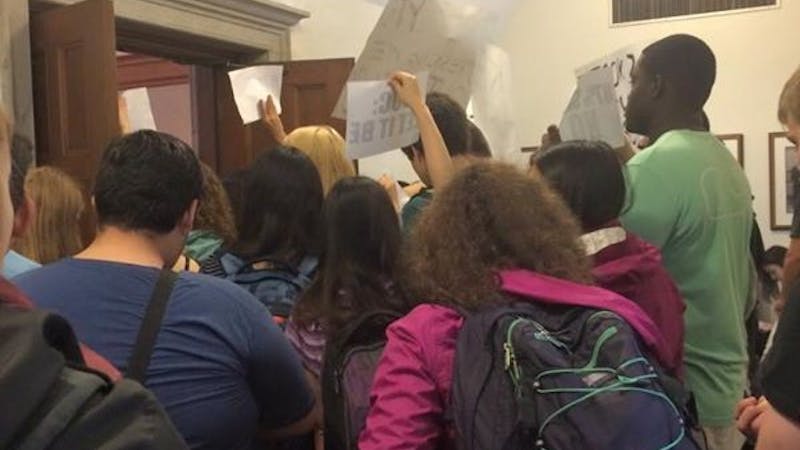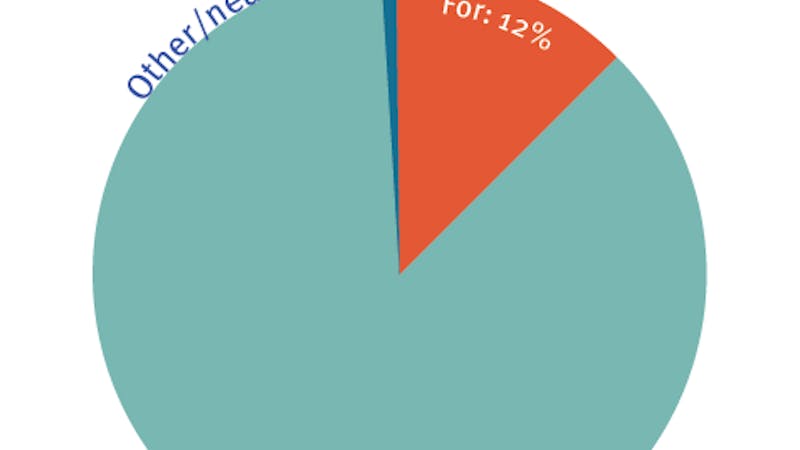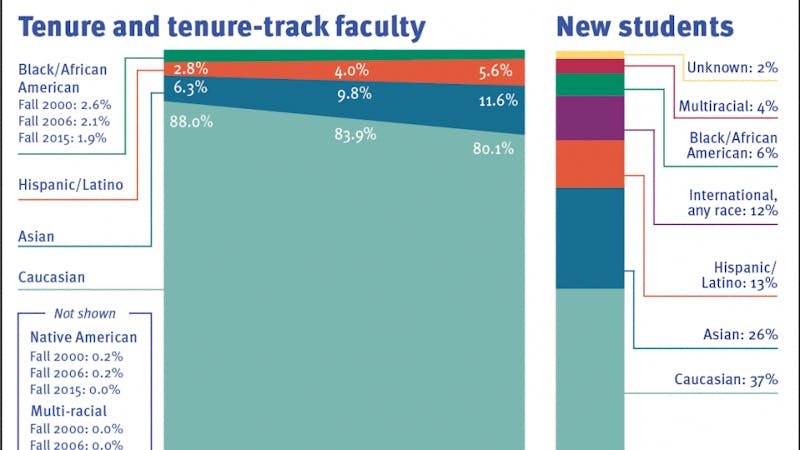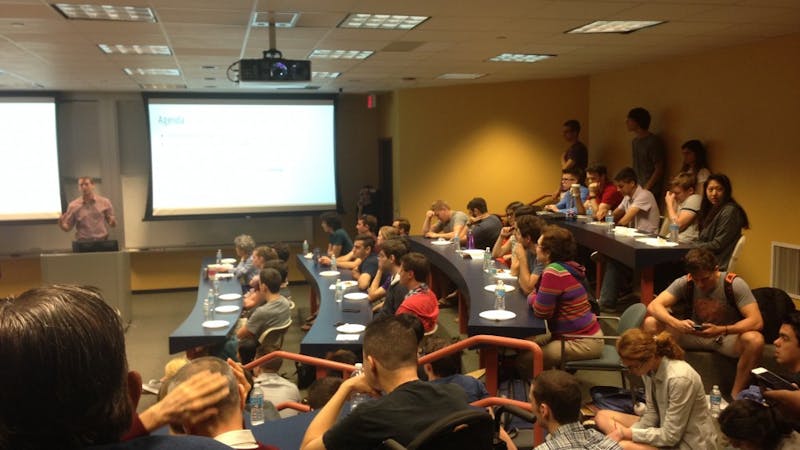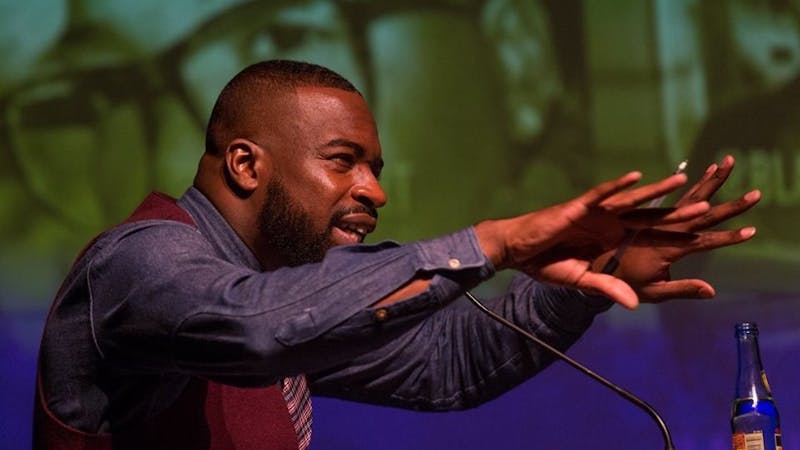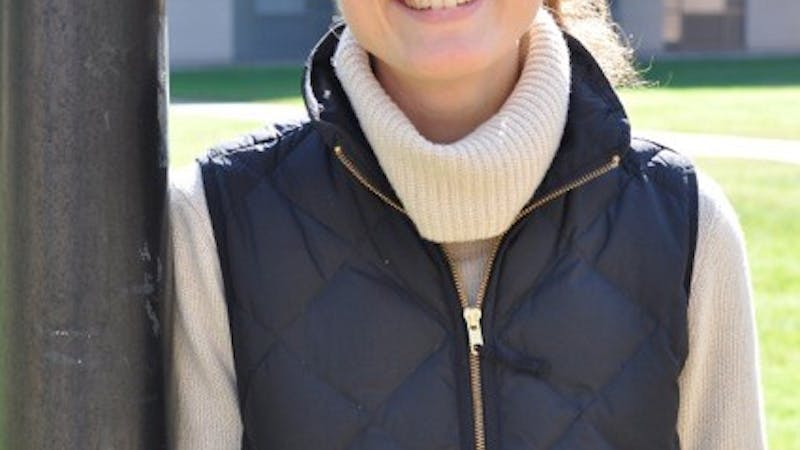NEWS
4/6/16 1:15am
 By Anita Alem
By Anita Alem
For several months, Queer Resource Center facilitators and Facilities Engineering and Planning have been working on increasing the number of gender-neutral bathrooms at Rice.
The group of QRC facilitators, including Catherine Wu, Seth Lauer and a student who goes by Brook, said their goal is to provide a safe, comfortable, healthy, accessible and convenient option to all people who use the bathrooms at Rice, including students, faculty, staff and visitors.
“[Gender-neutral bathrooms] can be something that is beneficial for all people on campus and doesn’t make anybody less comfortable,” Lauer, a Duncan College senior, said.
According to Lauer, the main concerns behind the push toward more gender-neutral bathrooms are health and safety of both students and visitors to the campus.
“With the number of accessible bathrooms that are gender-neutral on campus right now, it’s very likely that a student who has to go to the bathroom may have to hold their bladder as they walk entirely across campus,” Lauer said.

